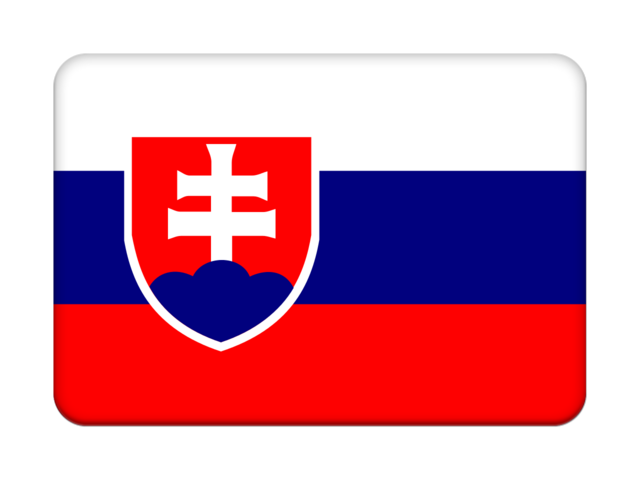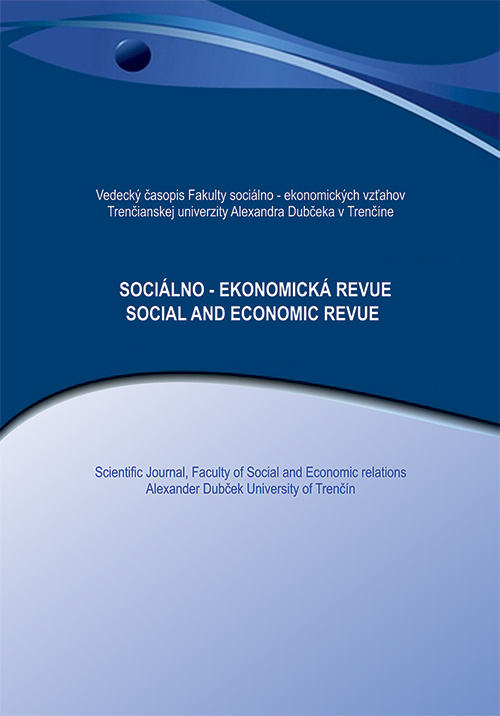LEADERSHIP THEORIES AND COMPETENCIES IN PROPERTY VALUATION SECTOR
Globalization, new technologies and their development have had a significant impact on the competitive environment, requiring managers who can properly solve the challenges they face. According to the authors of the scientific literature, a modern approach to organizational management emphasizes the need not only for managers with management potential. Increasing emphasis is placed on leadership development at all levels of the organization, with particular emphasis on the effective use of human resources, a source of key competitive advantage for organizations. Leadership due to ambiguous treatment is the subject of contemporary scientific discussions. The scientific theories developed to explain the phenomenon of leadership often emphasize its essence and importance in organizational management, which plays a decisive role in ensuring the efficiency of individual people, teams and organizations in relation to high posts or duties. Since only the qualifications and leadership skills of all employees can depend on successful management of the organization at any level of management, the authors seek to analyse literature related to leadership and to determine the main leadership competences.
Vydanie: 2018/4 Strany: 48-55 Klasifikácia JEL: O15, D61, D60
DOI:
Kľúčové slová: leadership, competencies, organization, competence development
Sekcia: HUMAN RESOURCES AND PERSONNEL MANAGEMENT
Kontakty:
prof. dr. Valentinas Navickas, PhD.
Department of Management and Development of Human Resources
Faculty of Social and Economic Relations
Alexander Dubček University in Trenčín
Študentská 3, 911 50 Trenčín, Slovensko
e-mail: valentinas.navickas@tnuni.sk
Rusnė Jegelavičiūtė
Doctoral studies student
Faculty of Social and Economic Relations,
Alexander Dubček University of Trenčín,
Študentská 3,
911 50 Trenčín, Slovakia
e-mail: rusnejegelaviciute@gmail.com.
Mykolas Navickas
Doctoral studies student;
Klaipėda University,
Lithuania
e-mail: mykolas.navickas@gmail.com
Literatúra:
Adsule, K. G., Berad R. R. (2014). The Study of Managerial Competencies for Effective Job Performance. International Journal in Multidisciplinary and Academic Research, 3 (1).
Aleknavičius, A. (2007). Nekilnojamojo turto vertinimas. Metodiniai patarimai. Lietuvos žemės ūkio universitetas, Akademija.
Bohoris, G. A., Vorria, E. P. (2007). Leadership vs Management: A Business Excellence / Performance Management View. 10th QMOD Conference. Quality Management and Organisational Development. Our Dreams of Excellence.
Bolden, R., Gosling, J., Marturano, A. and Dennison, P. (2003). A Review of leadership theory and competency frameworks. Centre for Leadership Studies University of Exeter. United Kingdom.
Boyatzis, R. E. (2008). Competencies in the 21st century". Journal of Management Development, 27 (1), pp.5-12.
Connell, J., Bernadette Cross, B., Parry, K. (2014). Leadership in the 21st century: where is it leading us? International Journal of Organisational Behaviour, 5 (2), 139-149.
Day, D. V., Antonakis, J. (2012). Leadership: Past, present, and future. The nature of leadership, 2.
Das, A., Kumar, V., Uma Kumar, U. (2011). The role of leadership competencies for implementing TQM: An empirical study in Thai manufacturing industry, International Journal of Quality & Reliability Management, 28 (2), pp.195-219.
Galiniene, B., Statkevičienė, L. (2001). Nekilnojamojo turto vertinimas ir įkeitimas. Pinigų studijos. Ekonomikos torija ir praktika.
Geoghegan, L., Dulewicz, V. (2008). Do Project Managers Leadership Competencies Contribute to Project Success? Project Management Journal: 39 (4), 58 – 67.
Hassanzadeh, M., Abu Daud Silong; Asmuni, A., Nor Wahiza Abd Wahat (2015). Global Leadership Competencies. Journal of Educational and Social Research, 5 (2).
Herath, S., Maier, G. (2015). Informational efficiency of the real estate market: A meta-analysis. Journal of Economic Research, 20, p. 117-168.
Martinkienė J. (2011). Vadybinių kompetencijų tipologijų erdvė. ISSN 1648-7974. Vadyba. 1 (24).
Masiulis K., Sudnickas T. (2008). Elitas ir lyderystė. Vilnius: Mykolo Romerio universiteto leidybos centras.
Petkevičiūtė N., Kaminskytė E. (2003). Adybinė kompetencija: teorija ir praktika. Ekonomikos teorija ir praktika.
Savanevičienė A., Stukaitė D., Šilingienė V. (2008). Development of Strategic Individual Competences. Engineering economics, 3.
Silingienė V. (2011). Lyderystės kompetencijos raiška individualios karjeros kontekste. Ekonomika Ir Vadyba: 16.
Silva, A. (2016) What is Leadership? Journal of Business Studies Quarterly, 8 (1).
Skaržauskienė A., Paražinskaitė G. (2010). Lietuvos įmonių vadovų intelekto kompetencijų raiška. Socialinių mokslų studijos 1 (5), p. 41–61.
Sydanmaanlakka, P. (2003). Intelligent leadership and leadership competencies. Developing a leadership framework for intelligent organizations. Doctor dissertation. Helsinki university of technology.


